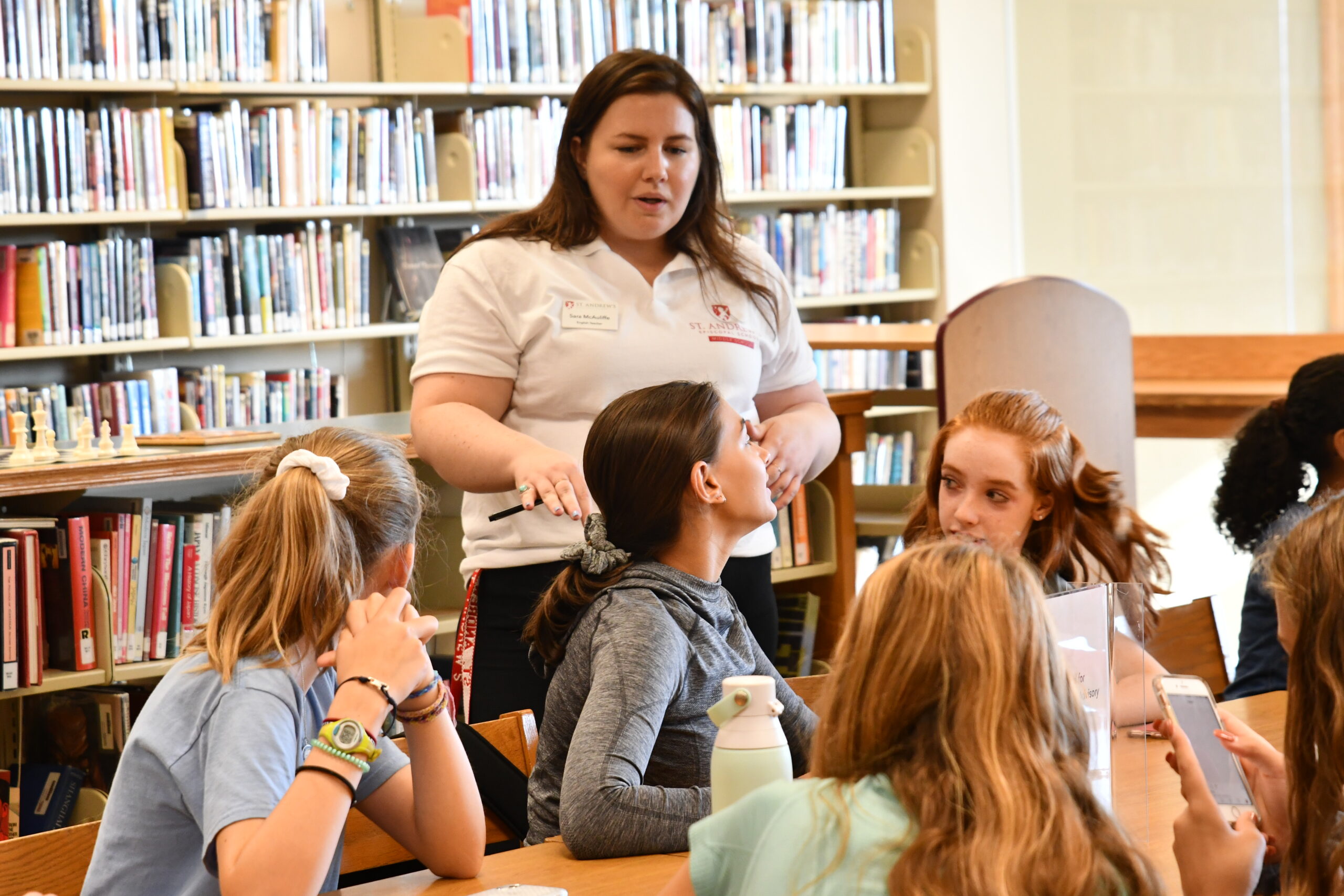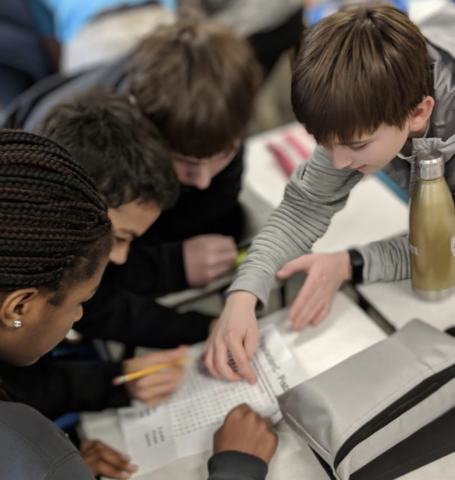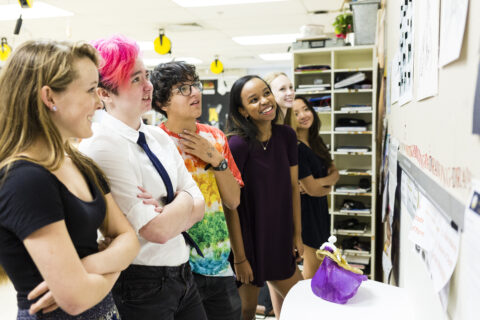Author: Sara McAuliffe
Emotions, stress, and relationships have a significant impact on student learning across all ages but are particularly important in the middle grades*. When parents, students, and teachers reflect on their experience of the middle-grade years, their anecdotes tend to fall into these three categories. It seems to be a logical step, if not absolute truth, then that middle-grade educators should be quick to reach for research-informed practices and pedagogy. While educators across all grades build relationships with their students, guide students through the process of identifying and understanding their emotions, and help students understand the differences between good stress and bad stress, middle-grade teachers especially benefit from understanding the effects that these factors have on the brain and on learning.
This understanding must be built on the cornerstone of Mind, Brain and Education (MBE) best practices and principles. The Center for Transformative Teaching and Learning Academy offers educators an opportunity to build their foundational knowledge of MBE, translate that knowledge into daily practice, and dive deeper into developing an understanding of the intersection of neuroscience and pedagogy. It’s at this intersection of neuroscience and pedagogy that educators can unlock and leverage tools to support students and improve their learning, such as: executive function; mindsets; meta-cognition; diversity, equity, and belonging; memory; cognitive load; play; motivation; and feedback.
Any opportunity to share space with those seeking to improve their teaching practice is an exciting one, and I’m particularly looking forward to doing so this summer alongside an international community of research-informed educators for four days in July. Just as the middle grades can be defined by a student’s experience of emotions, stress, and relationships, I hope to reflect upon my first Academy experience with a deepened understanding of the impact of emotions, stress, and relationships on student learning and development. In other words, the CTTL Academy strives to be informational, transformational, and validating, and I can’t wait to join the professional community of Academy alumni.
*Hinton, Christina & Fischer, Kurt & Glennon, Catherine. (2012). Student Centered Learning: A Mind, Brain, and Education Perspective.




